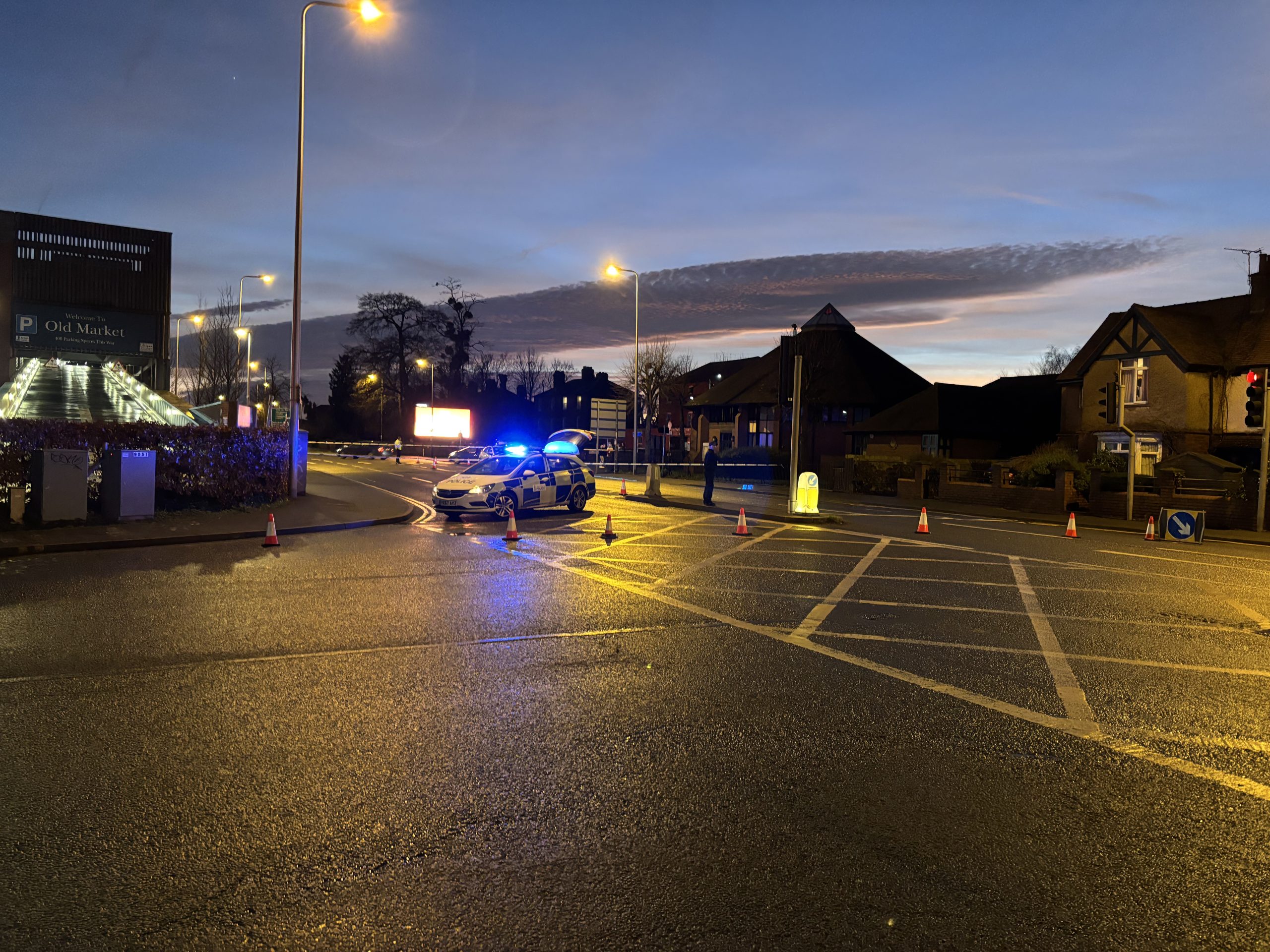Covid-19 Mythbusting
Facts about Covid-19
“The dangers of passing on false information in a crisis like this can have very profound effects on the physical and mental health of others. For example, following rumours circulated about an enforced London lockdown (in the spring), hordes of people panicked and emptied supermarkets, leaving elderly people, vulnerable people and even nurses without food.
When situations like this become life threatening for a large part of the population (which it has) we each have a duty to fact-check and stay updated with reliable sources. Focus on sharing helpful and practical information, rather than sensationalist, clickbait articles.
If you can’t verify something, or someone’s credibility, ask yourself whether you would really benefit others by sharing it.
It’s time to accept the gravity of the situation and act in everyone’s interest, rather than personal interest.” Source: King’s College London
The new coronavirus spread from China across the globe and infected millions of people. This has resulted in over a million Covid-19 related deaths.
Since the pandemic began, a torrent of myths, rumours and conflicting ‘facts’ have flooded in relating to the disease. Passing on false information in a crisis like this can have a profound effect on the physical and mental health of others. If you can’t verify something, or someone’s credibility, ask yourself whether you would really benefit others by sharing it.
We’ve pulled together the facts from reputable sources to help you recognise and challenge misinformation- which could cost lives.
Covid-19 is just like the flu.
- False. Covid-19 causes an illness that does have flu-like symptoms such as aches, a fever and a cough. But it is far more deadly than the flu, not just for older people, but for all people. Covid-19 spreads much quicker than the flu and humans have no immunity to Covid-19 because it is a brand-new type of virus, making the whole population far more vulnerable. Source: King’s College London.
The virus originated in a laboratory in China.
- False. There is no evidence to suggest this is the case and researchers (including Kristian Andersen, Ph.D., an associate professor of immunology and microbiology at the Scripps Research Institute in California) have studied the molecular components of the new coronavirus and concluded that it is the result of natural selection. Source: Medical News Today.
5G mobile networks spread covid.
- False. Viruses cannot travel on radio waves/mobile networks. Covid-19 is spreading in many countries that do not have 5G mobile networks. Covid-19 is spread through close contact with an infected person; respiratory droplets when an infected person coughs, sneezes or speaks; and people can also be infected by touching a contaminated surface and then touching their eyes, mouth or nose. Source: World Health Organisation.
More people in England and Wales die from flu and pneumonia than Covid-19.
- False. Of all deaths in England and Wales between January and August 2020, 48,168 were due to Covid-19 compared with 13,619 deaths due to pneumonia and 394 deaths due to influenza. This was a daily average of 197 deaths from Covid-19, 56 deaths from pneumonia and 1.6 deaths from flu. Flu and pneumonia was mentioned on more death certificates than Covid-19, however Covid-19 was the underlying cause of death in over three times as many deaths between January and August 2020. Source: Office for National Statistics.
People can protect themselves from the virus.
- True. The most common way the virus is passed from one person to another is by direct or close physical contact. Reducing social contact and staying 2 metres apart when in the company of other people helps to protect against becoming infected. In addition, wearing a face covering can reduce the risk of catching the virus from respiratory droplets after an infected person coughs, sneezes, talks or breathes heavily. Washing hands regularly and thoroughly helps protect against contracting Covid-19 from contaminated surfaces. Source: Centers for Disease Control and Prevention (CDC, Atlanta, USA)
Thermal scanners can diagnose coronavirus.
- False. Thermal scanners can detect whether or not someone has a fever. Other conditions, such as seasonal flu, can also produce a fever. In addition, symptoms of Covid-19 can appear 2–14 days after infection, which means that someone who has the virus could have a normal temperature for a few days before a fever begins. Source: Medical News Today.
Injecting or consuming bleach or disinfectant kills the virus.
- False. Consuming or injecting disinfectant or bleach will not remove viruses from the body. Dr Wayne Carter, Associate Professor at the University of Nottingham’s school of medicine UK, says “disinfectants and bleach are strong oxidizing agents, useful to kill bacteria or viruses when they are deposited on surfaces, but these agents should not be ingested or injected. These agents can cause severe tissue burns and blood vessel damage.”
Covid-19 can only be caught directly from infected people.
- False. Coronavirus can live easily on a range of surfaces for several days. Some studies show it can last on some surfaces, like plastic, for up to 9 days, while the Centers for Disease Control and Prevention (CDC, Atlanta, USA) discovered the virus survived on surfaces for 17 days after infected passengers disembarked from a cruise ship. Source: King’s College London.
Vitamin and mineral supplements can cure Covid-19.
- False. Micronutrients, such as vitamins D and C and zinc, are critical for a well-functioning immune system and play a vital role in promoting health and nutritional well-being. There is currently no guidance on the use of micronutrient supplements as a treatment for Covid-19. Source: World Health Organisation.
Covid-19 is just a mutated form of the common cold.
- False. Coronaviruses are a large family of viruses, all of which have spiky proteins on their surface. Some of these viruses use humans as their primary host and cause the common cold. Other coronaviruses, such as SARS-Co-2 (Covid -19), primarily infect animals. Both Middle East respiratory syndrome (MERS) and severe acute respiratory syndrome (SARS) began in animals and passed into humans. Source: Medical News Today.
Exposing yourself to the sun or temperatures higher than 25°C protects you from Covid-19.
- False. You can catch Covid-19, no matter how sunny or hot the weather is. Countries with hot weather have reported cases of Covid-19. To protect yourself, make sure you clean your hands frequently and thoroughly and avoid touching your eyes, mouth, and nose. Source: World Health Organisation.
Drinking alcohol does not protect you against Covid-19 and can be dangerous.
- True. Fear and misinformation have generated a dangerous myth that consuming high-strength alcohol can kill the Covid-19 virus. It does not. Consuming any alcohol poses health risks, but consuming high-strength ethyl alcohol (ethanol), particularly if it has been adulterated with methanol, can result in severe health consequences, including death. Source: World Health Organisation.
Most people who get Covid-19 recover from it.
- True. Most people who get COVID-19 have mild or moderate symptoms and can recover thanks to supportive care. However, older people and those with underlying medical problems like cardiovascular disease, diabetes, chronic respiratory disease and cancer are more likely to develop serious illness. Source: World Health Organisation. About 25 per cent of Herefordshire’s 193,000 population are aged over 65 compared with around 18 per cent nationally.
Being able to hold your breath for 10 seconds or more without coughing or feeling discomfort does means you are free from Covid-19.
- False. The best way to confirm if you have the virus producing Covid-19 disease is with a laboratory test. You cannot confirm it with this breathing exercise, which can even be dangerous. Source: World Health Organisation.
Garlic protects against coronavirus.
- False. Some research suggests that garlic might slow the growth of some species of bacteria. However, Covid-19 is caused by a virus, and there is no evidence to suggest that garlic can protect people against Covid-19. Source: Medical News Today.
You can catch coronavirus in swimming pools.
- False. According to the Centers for Disease Control and Prevention (CDC, Atlanta, USA), there is no evidence to suggest that SARS-Co-2 (Covid -19) spreads between people through the water in swimming pools, hot tubs, or water playgrounds. If these facilities disinfect their water with chlorine or bromine, this should inactivate the virus. People can still catch the virus from others who attend these facilities. The virus can spread through inhaling respiratory droplets in the air and coming into contact with surfaces. The CDC say that people should continue to protect themselves both in and out of the water by staying 2 meters from others and wearing cloth face coverings when not in the water.
Rinsing your nose regularly with saline solution can prevent Covid-19.
- False. Evidence has indicated that rinsing your nose with saline solution can help us recover faster from the common cold, but cannot prevent infectious respiratory diseases or Covid-19. Source: World Health Organisation.
There are currently no drugs licensed for the treatment or prevention of Covid-19.
- True. While several drug trials are ongoing, there is currently no proof that hydroxychloroquine or any other drug can cure or prevent COVID-19. The misuse of hydroxychloroquine can cause serious side effects and illness and even lead to death.
Face masks help to protect against Covid-19.
- True. Face masks can help reduce transmission of the disease via respiratory droplets, but they should not be a substitute for other recommended measure to prevent Covid-19 transmission such as physical distancing (2 metres apart), regular hand-washing, and avoiding touching your face, nose eyes and nose. Source: European Centre for Disease Prevention and Control.



